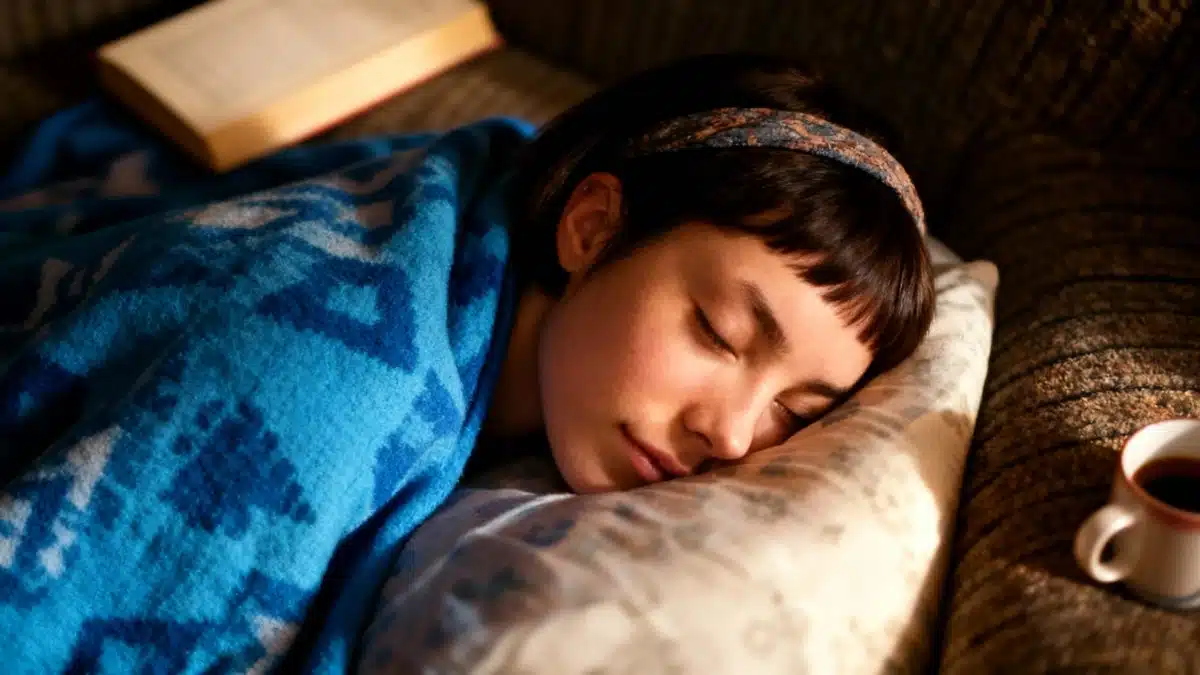What’s Really Happening During Those Nighttime Jolts?
It turns out that this kind of “falling” sensation right as you’re dozing off tops the list of sleep-related hallucinations. According to a telephone survey conducted in 2000 with a representative sample of 13,057 people over the age of 15 from England, Italy, and Germany, a whopping 23.2% of healthy individuals experience this at least once a month. That’s nearly a quarter of us regularly startled awake by our own brains!
The Origin of Hypnagogic Hallucinations
The 19th-century scholar Alfred Maury, who himself was no stranger to these bedtime surprises (technically called parasomnias, or unusual behaviors during sleep), was the first to suggest, back in 1848, the term “hypnagogic hallucination.” The name draws from the Greek words hypnos (sleep) and agogos (to lead or begin)—basically, the odd visions that occur as we’re just falling asleep. A rarer cousin of this phenomenon is the “hypnopompic hallucination,” which pops up as we wake.
Simple Tricks From Ages Past
Some remedies for nighttime disturbances go back to, well, practically the dawn of time. If you find yourself suddenly awake in the middle of the night, here’s an old tip: don’t sleep on your back, turn to your side instead, then breathe in slowly while counting to five, hold your breath, exhale to another count of five, and briefly hold again before repeating. Doing this a few—usually about ten—times calms your heartbeat, clears your mind, and soon enough, you’ll drift back off. The next morning, you just might remember falling asleep all over again.
Dreams of Flight and Shocking Sensations
Sometimes, dreams can literally give you wings—if only temporarily! Every now and then, one might float through forests and over cities with arms outstretched, like a bird (no need to worry about turning into Icarus here). And as for those violent jolts? Occasionally, at the start of sleep, the heart slows down a bit too quickly, which triggers the brain to sound the alarm and send out an adrenaline shot—if your dream phase has already begun, things can get wild: falling, jolting awake… Dramatic, yes, but ultimately harmless.
« Every now and then, I would soar—in my dream!—exactly like a bird, flying over forests and cities with my arms spread wide… Sweet dreams… And I never thought I was Icarus! »
- 23.2% of healthy adults from England, Italy, and Germany reported experiencing sleep-related hallucinations monthly (2000 survey, n = 13,057)
- The term « hypnagogic hallucination » was coined in 1848 by Alfred Maury
- Old-fashioned breathing exercises can help when you wake up suddenly at night
- Sudden falls or jolts at sleep onset are usually harmless reactions of the brain and body
So next time you startle awake mid-fall—with no pit in sight—just remember: it’s your mind’s quirky way of tucking you in.

John is a curious mind who loves to write about diverse topics. Passionate about sharing his thoughts and perspectives, he enjoys sparking conversations and encouraging discovery. For him, every subject is an invitation to discuss and learn.





